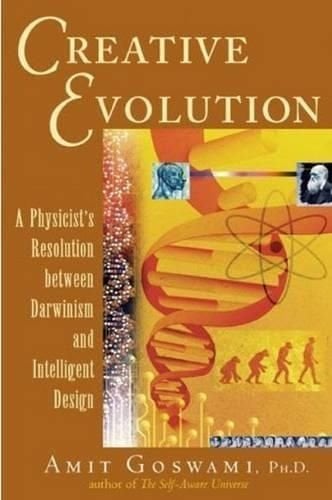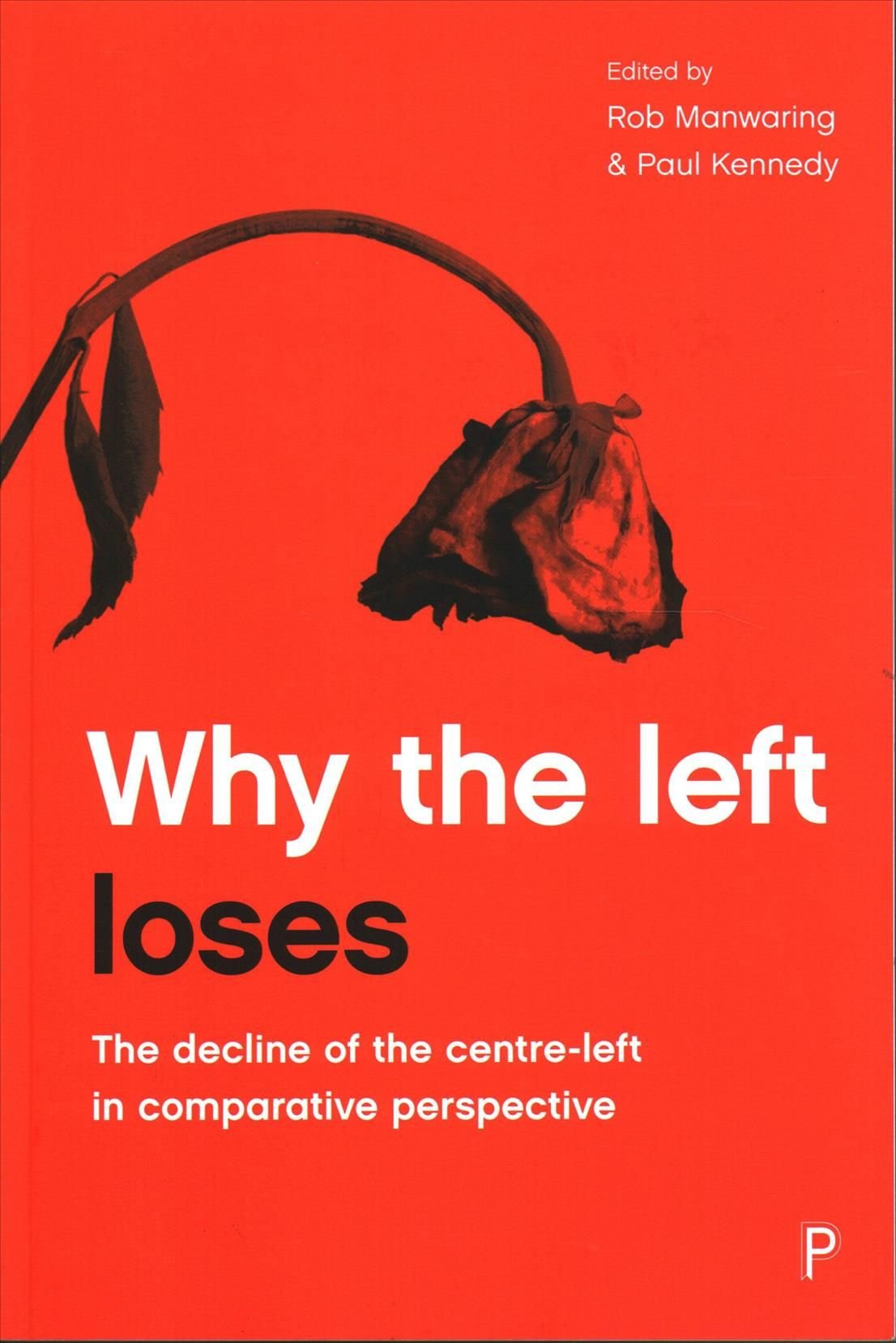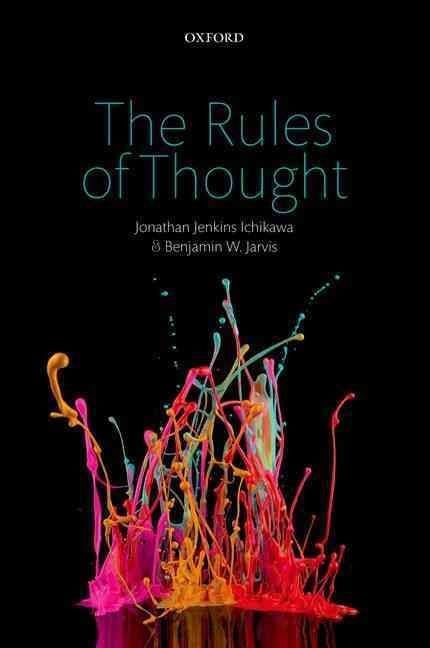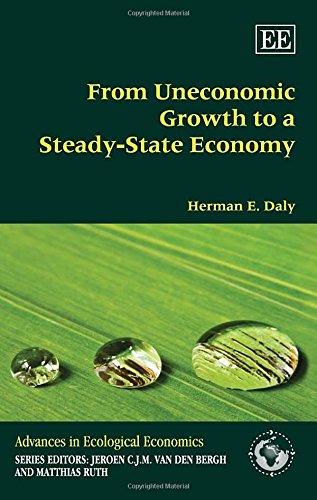This collection of essays explores the development of the New Confucianism movement during the twentieth-century and questions whether it is, in fact, a distinctly new intellectual movement or one that has been mostly retrospectively created. The questions that contributors to this book seek to answer about this neo-conservative philosophical movement include: ‘What has been the cross-fertilization between Chinese scholars in China and overseas made possible by the shared discourse of Confucianism?’; ‘To what extent does this discourse transcend geographical, political, cultural, and ideological divides?’; ‘Why do so many Chinese intellectuals equate Confucianism with Chinese cultural identity?’; and ‘Does the Confucian revival of the 1990s in China and Taiwan represent a genuine philosophical renaissance or a resurgence in interest based on political and cultural factors?’.












